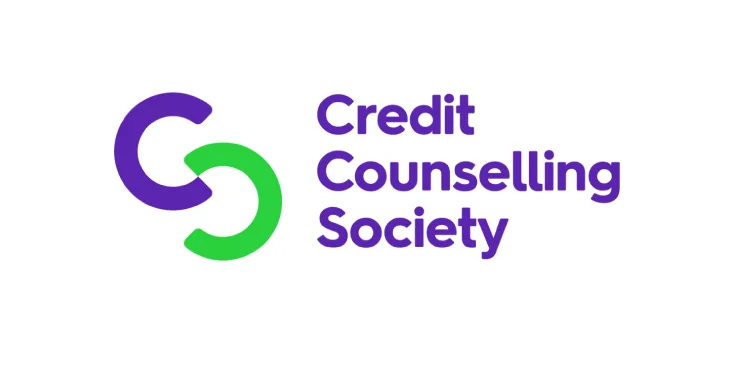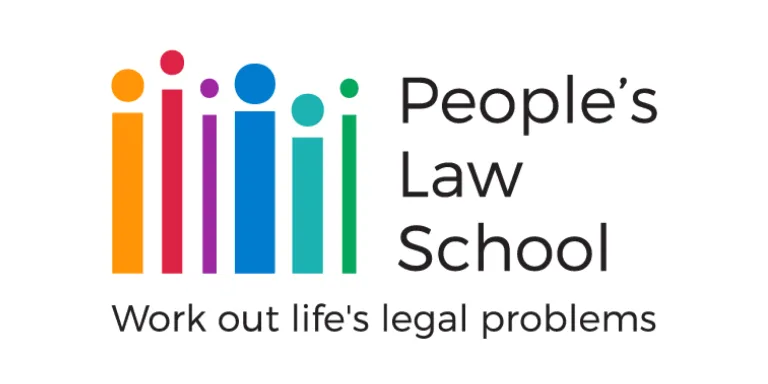Improving your credit score

There are many ways to boost your credit score. Just changing your spending habits is a great start. Other methods take more effort, but can pay off down the line.
What you should know
Your credit report is your track record with money. It shows your history of paying bills and borrowing. The agencies that prepare credit reports in Canada, Equifax and TransUnion, use mathematical formulas to convert the information in your credit report into a credit score.
This score can range from 300 to 900. A high credit score is good. It suggests you’re likely to pay your bills on time, pay back money you’ve borrowed, that sort of thing. A low score is a red flag. You may have trouble getting a credit card, getting a loan, or renting an apartment.
Credit reporting agencies (and lenders) don’t have to disclose how they calculate credit scores. Their formulas take into account many factors. And they weigh them differently. So your score may vary, depending on the agency or lender involved.
Generally, though, there are five important factors in determining your credit score.
Payment history. Making late payments, or missing payments, will lower your score.
Utilization ratio. How much of your available credit you’re using. This ratio compares your current balance to your credit limit. Say your credit card limit is $2,000. And you spend $1,500 in a month using the card. Your utilization ratio is 75%. Creditors like to see a lower ratio.
Length of credit history. How long have your credit accounts been open? Having a few long-standing accounts will help your score.
Types of credit. Credit comes in many forms. Personal loans, lines of credit, and car loans, to name a few. A broader mix of credit types will help your credit score.
Credit inquiries. This means someone has asked to see your credit report. If it’s because you’re asking for credit, that’ll hurt your score. But some inquiries don’t affect your score (for example, if you order a copy of your credit report).
A couple of points about these factors. First, payment history matters most to your credit score. Making a late payment — or missing one altogether — will lower your credit score. Missing a $4 payment can be as bad as missing a $400 payment.
The second most important factor is utilization ratio. Generally, balances over 50% of your credit limit will lower your credit score. Going over a credit limit even once will also lower your credit score.
Some companies say they can “repair” or “fix” your credit. Supposedly, they do this by scrubbing negative information from your credit report. Most charge a monthly subscription fee for the service. But there’s nothing these companies can do for you (legally) that you can’t do yourself.
Usually, all they’re doing is reviewing your credit report for mistakes. If they find any, they contact the creditor to fix them. But this is an easy step you can take on your own.
Some credit repair companies offer credit repair loans. These are promised to boost your credit score and show creditors you’re trustworthy. But watch out. If you can’t afford payments on the loan, you may end up hurting your credit score.
Work out the problem
Here are steps you can take to improve your credit score.
Step 1. Review your credit report regularly
Step 2. Pay your bills on time
Step 3. Reduce the balances on your accounts
Step 4. Consolidate your debts
Step 5. Seek help from a credit counsellor
Step 1. Review your credit report regularly
Make it a habit to review your credit report. You’re entitled to a free copy once a year. We explain how to order yours. See our information on ordering your credit report.
Clearing up mistakes in your credit report can improve your credit score. Look for any of the following:
errors relating to payments
negative information that’s more than six years old
unfamiliar accounts (which could be a sign of identity theft)
Step 2. Pay your bills on time
Making prompt bill payments is, hands down, the best thing you can do to improve your credit score.
Step 3. Reduce the balances on your accounts
Try to keep your credit balances below 50% of your credit limit. Below 30% is even better. If your balance starts creeping up, bring it back down as soon as you can.
After paying down your balances to this level (and keeping them there) for about a month, your credit score should improve. That is, assuming you otherwise maintain good credit hygiene.
Step 4. Consolidate your debts
Consolidating your debts means combining them into a single loan. This is sometimes called a “debt consolidation loan.” Usually, the interest rate will be lower than the average rates on your various debts.
A debt consolidation loan can help improve your credit score by helping you pay your bills on time.
Step 5. Seek help from a credit counsellor
If you’re having trouble managing your debts in general, a credit counsellor may be able to help. They can:
combine all of your monthly payments into one monthly payment
negotiate a new payment plan with a creditor
negotiate a lower interest rate on your debt payments
Steps like these can make it easier to pay down your debts and account balances. This will improve your credit score.
A credit counselling agency can also teach you to:
manage your money
make financial decisions
make a budget and stay within it
The Credit Counselling Society of BC is a non-profit organization working in this area. Visit their website for more information.
Want to go further on improving your credit score? We’ve got more. See our in-depth coverage, with additional tips.
Who can help
This agency can help you improve your credit score.

Credit Counselling Society of BC
A non-profit society that helps people better manage their money and debt.
Getting legal advice might help you identify how to improve your credit score.

BC Legal Referral Service
Helps you connect with a lawyer, notary or paralegal for a free 15- to 30-minute consult to see if you want to hire them.

Access Pro Bono's Legal Advice Clinics
Volunteer lawyers provide 30 minutes of free legal advice to people with low or modest income.

UBC Law School's Student Advice Program
Law students provide help to people with limited means in the Vancouver area.

Community Legal Assistance Society
Free legal assistance on workers’ rights, human rights, and mental health rights.
Reviewed for legal accuracy by
Wendy Andersen, Digby Leigh & Co. and Casey Harris, Barrister & Solicitor
This information from People’s Law School explains in a general way the law that applies in British Columbia, Canada. The information is not intended as legal advice. See our disclaimer.
Related
On Dial-A-Law
Dial-A-Law has more information on Credit reports in the section on Money & debt.


